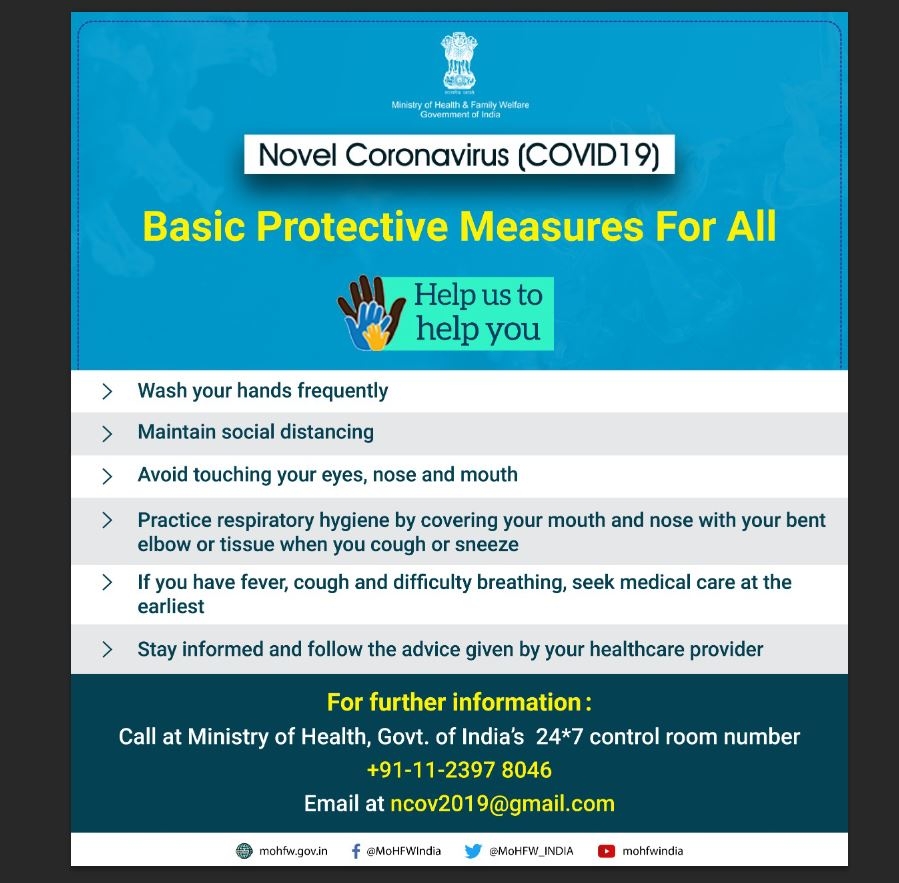The researcher has found in a prospective study that working two or more night shifts in a week may significantly increase a pregnant woman's risk of miscarriage, a study has found. Researchers from the University of Copenhagen and Aarhus University Hospital in Denmark accessed payroll data on 22,744 pregnant women working in public services, mainly hospitals.
They linked that with data from Danish registers on births and admissions to hospital for a miscarriage to determine how the risk of miscarriage between weeks 4-22 of pregnancy was influenced by night work.
Overall 377,896 pregnancy weeks were included -- an average of 19.7 weeks per woman, according to a study published in the journal Occupational & Environmental Medicine.
After week eight of pregnancy, women who had worked two or more night shifts the previous week had a 32 percent higher risk of miscarriage compared with women who had not worked any night shifts that week.
The risk of miscarriage increased with the number of night shifts worked per week and also by numbers of consecutive night shifts.
The association between night work and the risk of miscarriages was stronger after pregnancy in week 8. "This may be explained by the decline in the proportion of chromosomally abnormal fetuses with gestational age, which makes an association with environmental exposure more easily detectable among later miscarriages," researchers said.
This is an observational study, and as such, cannot establish the cause. Previous studies have also stated that women who work in night shifts, even occasionally, are at an increased risk of early menopause, which can heighten the possibility of developing cardiovascular disease, osteoporosis and memory problems. For the study, the researchers included nearly 23,000 pregnant women.
The researcher has found in a prospective study that working two or more night shifts in a week may significantly increase a pregnant woman's risk of miscarriage, a study has found. Researchers from the University of Copenhagen and Aarhus University Hospital in Denmark accessed payroll data on 22,744 pregnant women working in public services, mainly hospitals.
They linked that with data from Danish registers on births and admissions to hospital for a miscarriage to determine how the risk of miscarriage between weeks 4-22 of pregnancy was influenced by night work.
Overall 377,896 pregnancy weeks were included -- an average of 19.7 weeks per woman, according to a study published in the journal Occupational & Environmental Medicine.
After week eight of pregnancy, women who had worked two or more night shifts the previous week had a 32 percent higher risk of miscarriage compared with women who had not worked any night shifts that week.
The risk of miscarriage increased with the number of night shifts worked per week and also by numbers of consecutive night shifts.
The association between night work and the risk of miscarriages was stronger after pregnancy in week 8. "This may be explained by the decline in the proportion of chromosomally abnormal fetuses with gestational age, which makes an association with environmental exposure more easily detectable among later miscarriages," researchers said.
This is an observational study, and as such, cannot establish the cause. Previous studies have also stated that women who work in night shifts, even occasionally, are at an increased risk of early menopause, which can heighten the possibility of developing cardiovascular disease, osteoporosis and memory problems. For the study, the researchers included nearly 23,000 pregnant women.
























